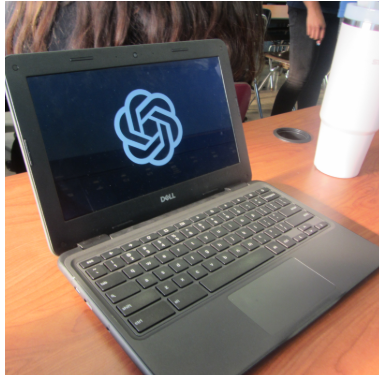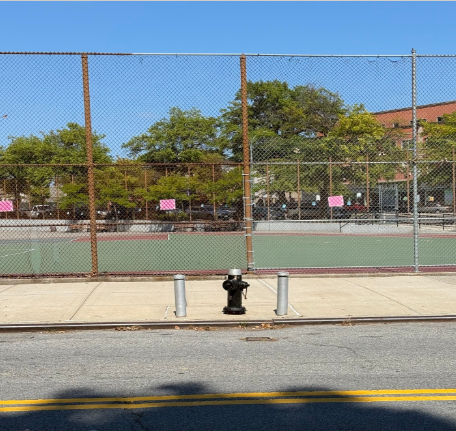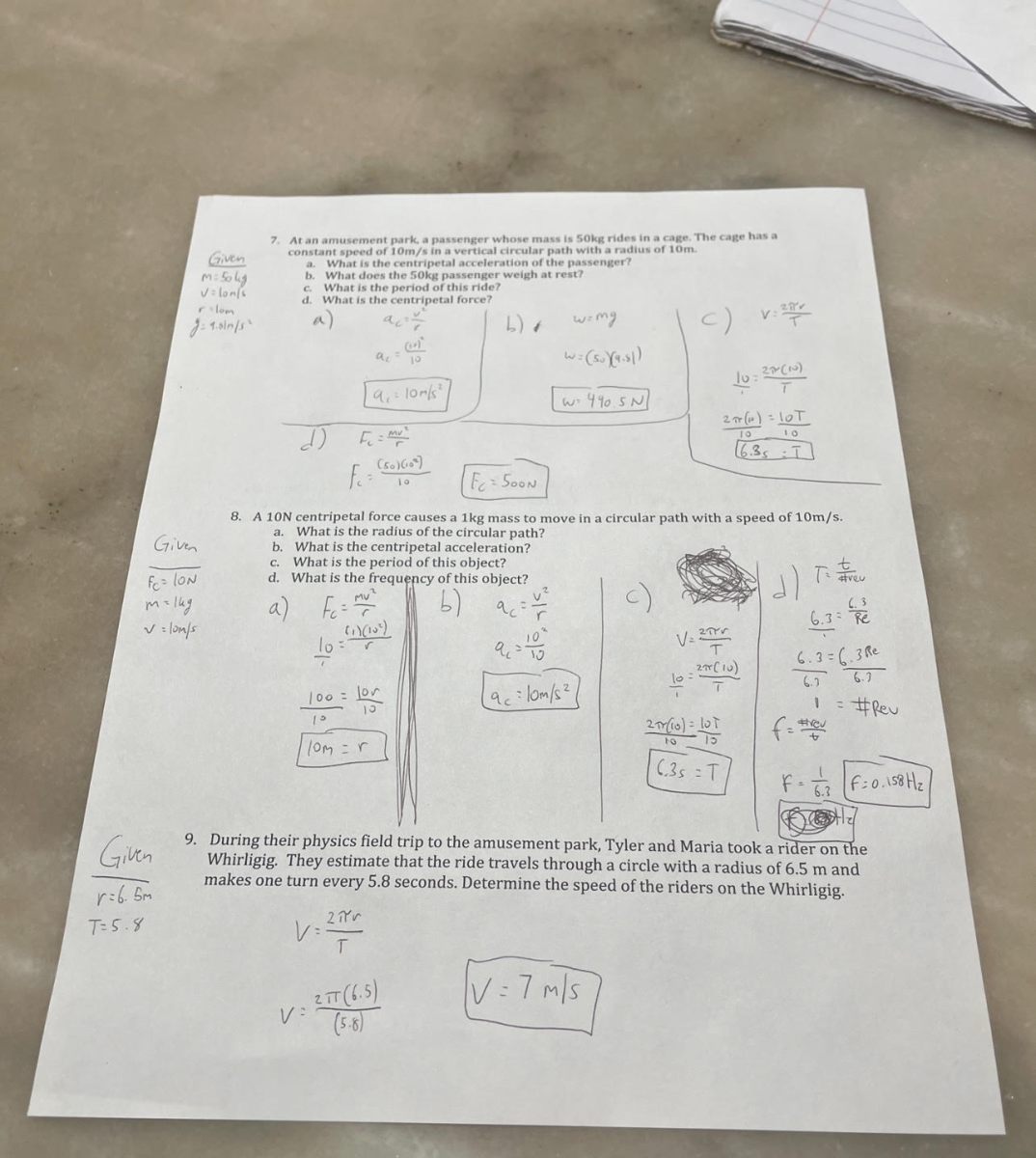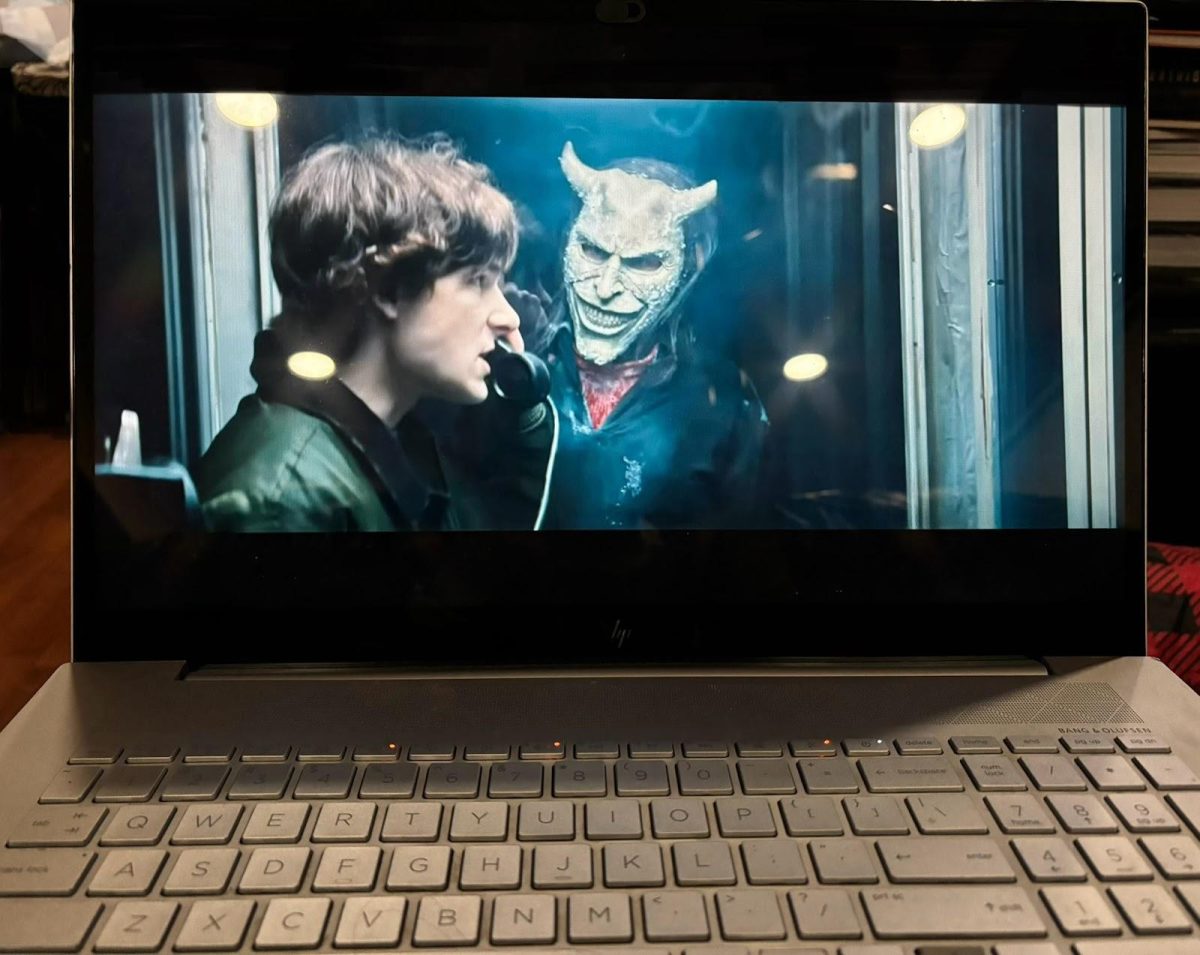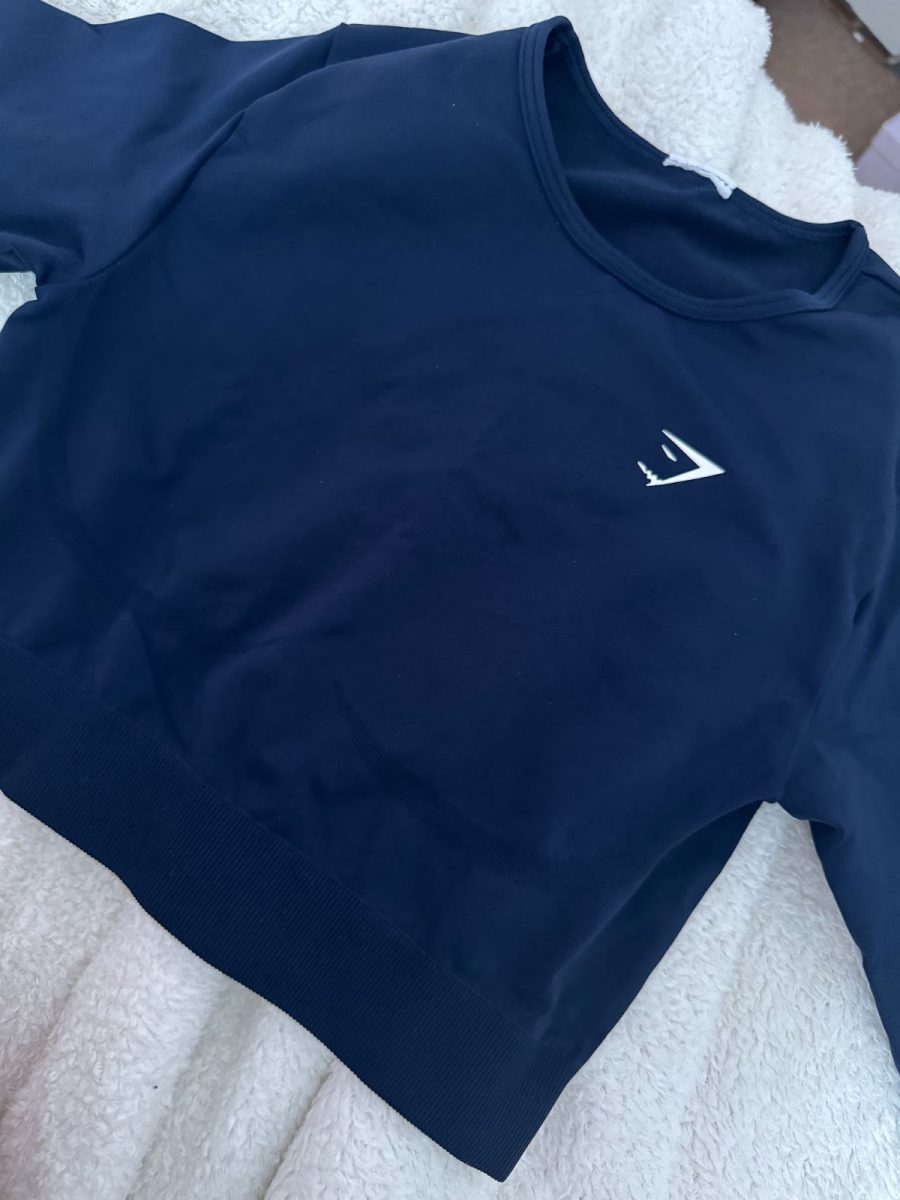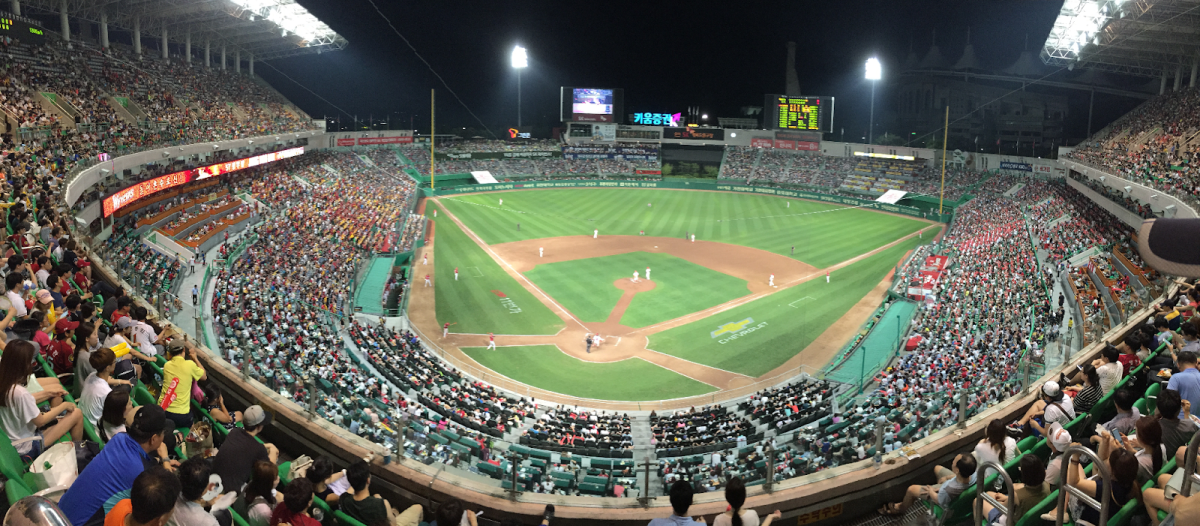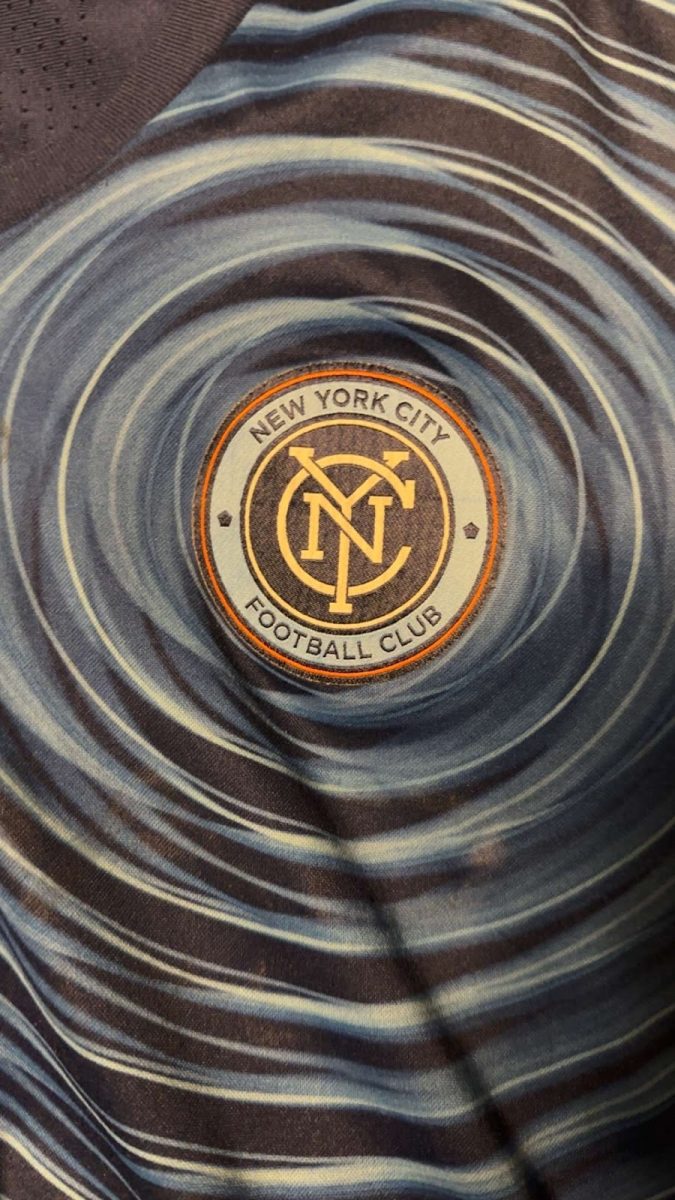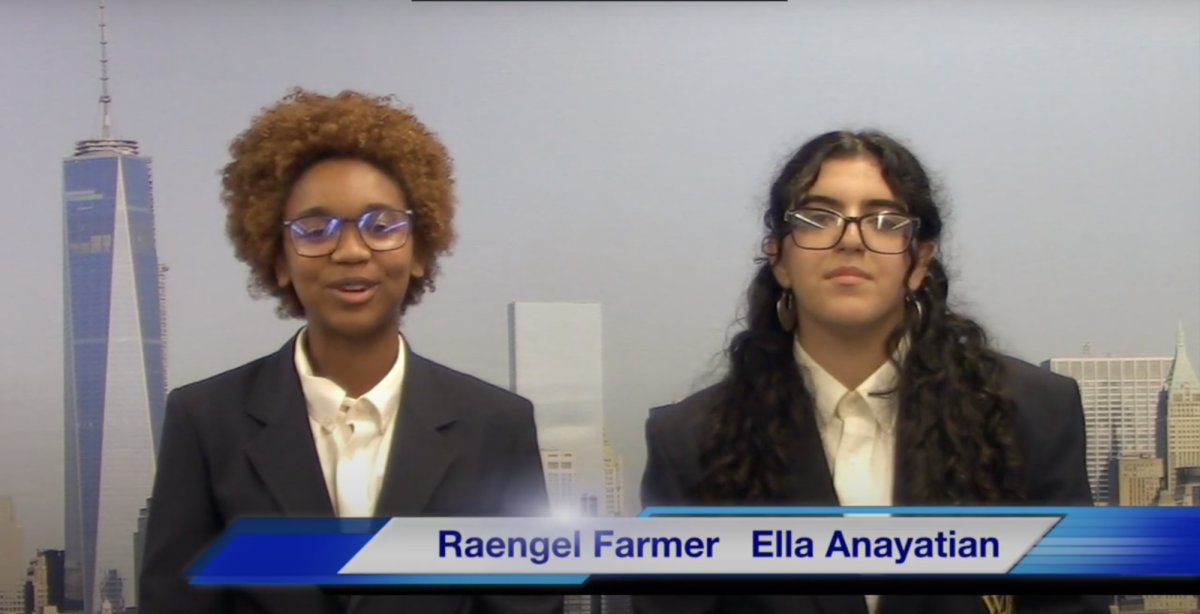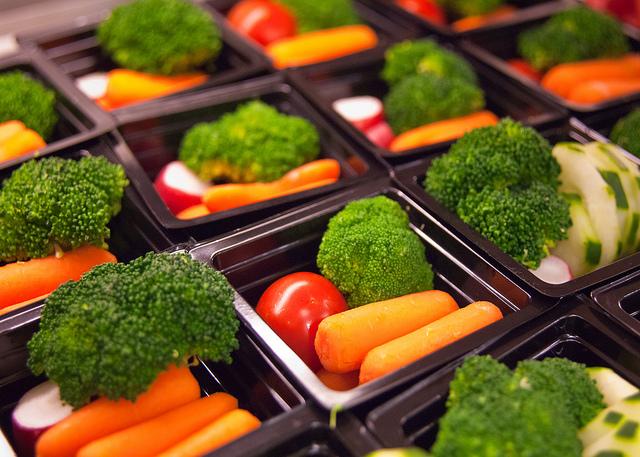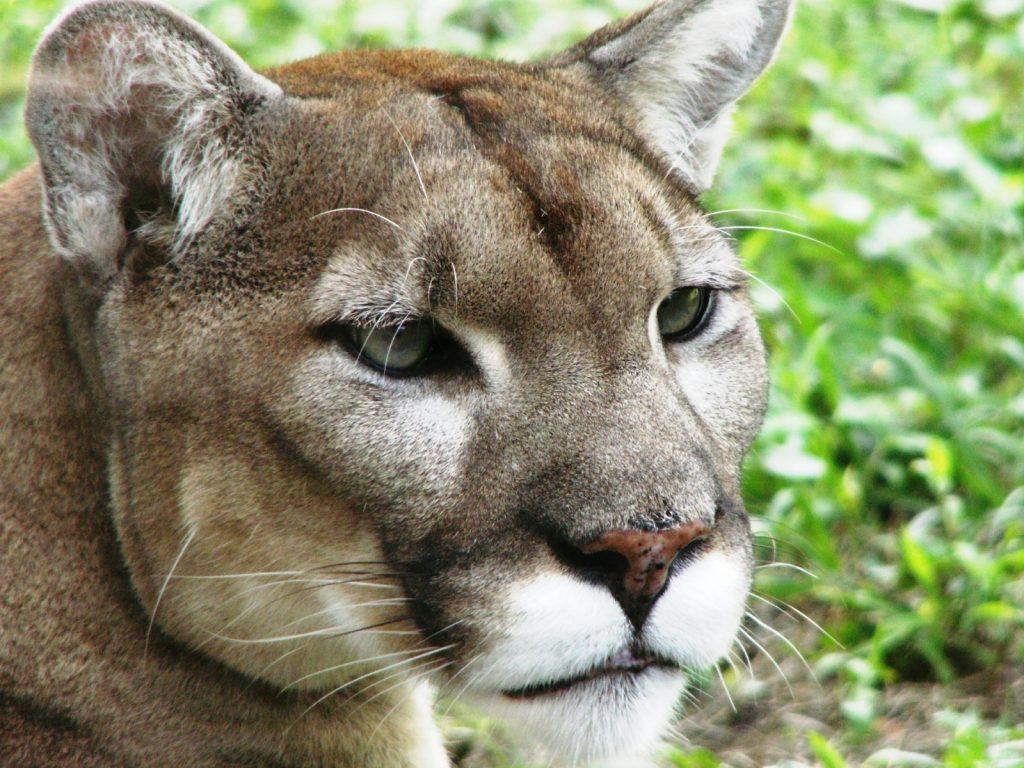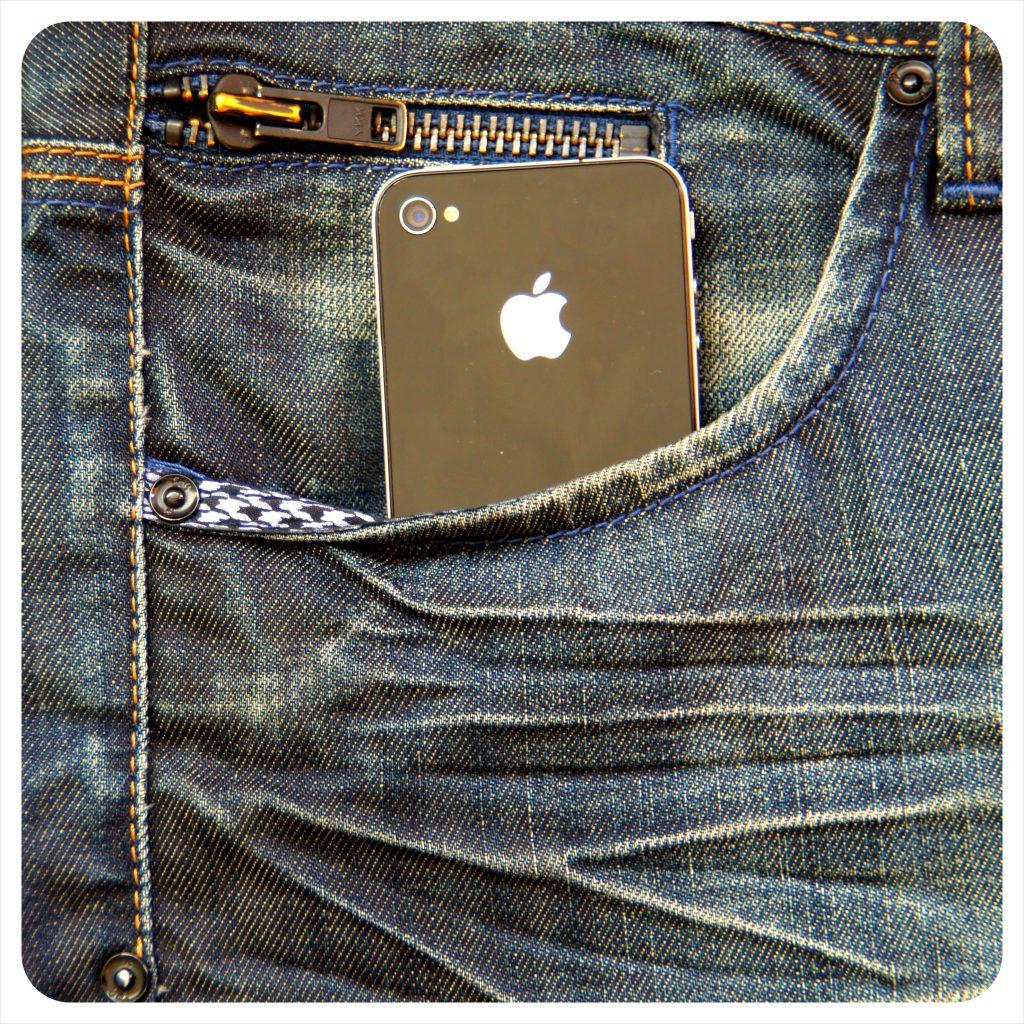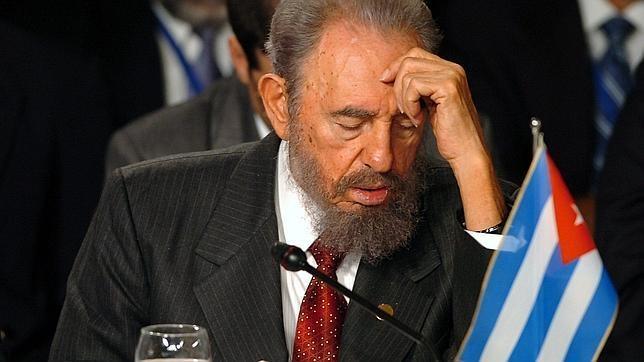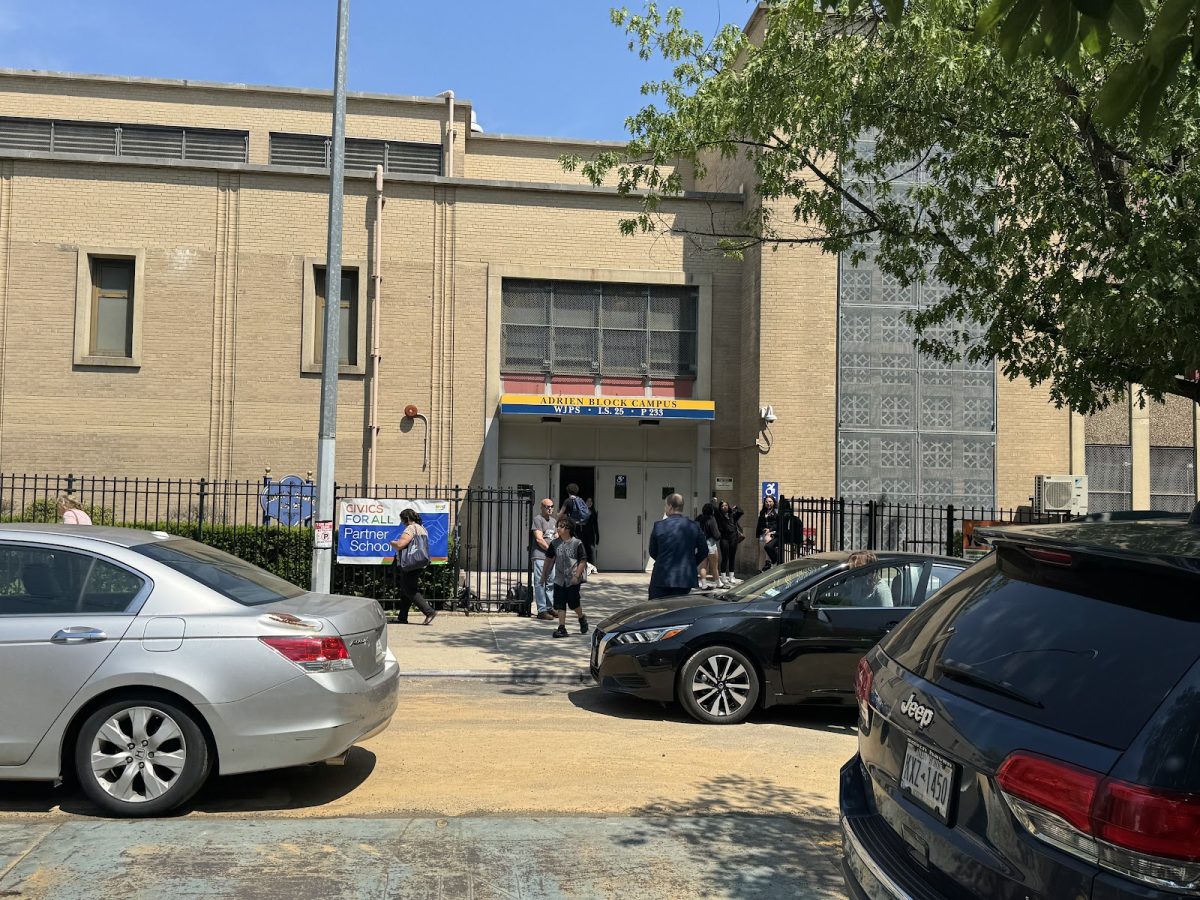by Esther Animalu, contributing reporter

Blistering heat radiates through the field, the ground is suddenly morphed into a boiling pot, occasionally a faint breeze would flutter through the air, only to be felt as humid, hot wind smacking one’s face.
A team of sweaty, athletic students are running around training, up until they’ve reached their breaking point. All too often this is a recurring experience that various students on a sports team encounter when practicing in hot weather.
“I don’t think athletes should train outside in hot weather because they can pass out and faint. Especially if they’re heavy because they generate more body heat,” freshman Kevin Cosgrove said.
Thus, this is sparking a blazing debate, exactly how hot is “too hot” for student sport teams to practice outside. Often, coaches would allow teams to be fully dressed in their team gear while doing strenuous workouts for a football, basketball and any athletic games.
“I think student sport teams should train in hot weather because the fresh air and heat will keep them motivated and encourage them to work harder. But they have to stay hydrated. As opposed to lying around inside with the AC on, the team won’t be as focused,” freshman Autumn Legunas said.
However, the team attire can negatively impact the students if they’re exercising, sprinting, or even jogging in the sweltering heat because it’s weighing them down, increasing their bodily temperatures, resulting in making them hotter.
“I believe that student sports teams shouldn’t train outside in hot, humid weather because they’ll get light-headed. However if they train in cool weather they’ll perform better,” freshman James Panagakos said.
According to the New York Times, Miles Kirkland, a 16-year-old Staten Island football player, collapsed to his death during practice, which was held outside in the beaming heat.
Alongside his teammates Miles was running and experienced shortness of breath, when he plummeted to the ground they thought he would spring back up again. However to their dismay, Miles laid motionless until an ambulance was called.
Shakuan Smith, a senior on the football team, was reported saying, “It was hot and humid… Miles was in the best shape.”
Based on Scientific American, regardless of one’s size, un-perpetual heat can target anyone. Additionally, the humidity is a keen factor to take notice of because if there’s skyrocketing temperature and humidity, the entire team would be sweating, but the sweat is unable to dry from their skin due to air moisture and saturation.
“I don’t think that an athlete should wait to train in hot weather as hot humid temperatures can be dangerous and lead to dehydration and heat stroke. It just happens that sports are played in the summer heat. It’s what the athlete just has to get used to,” physical education teacher Mr. Maroney said.
Trapping the heat will make it unable for their bodies to cool off. As a result, this leads to numerous fatalities on many school teams nationwide.
According to, the New York Times, in the last 20 years a whopping 40 football players have died due to heat related deaths, and the fidelities are slowly climbing over the years, based on the National Center for Catastrophic Sport Injury Research.
“Student athletes should train in the heat because they’ll be more concentrated, and their muscles won’t contract as easily as opposed to playing in cool and warm weather,” freshman Skylar Kleess said.
Numerous parents are contemplating that most coaches and avid student sport participants are often caught up on being on the winning team, bringing home the trophies, and trying to get recognized for life-changing sport scholarships.
Then as a result, proper safety precautions, uneasy weather, and good sportsmanship is frequently overshadowed and buried in the dust.
“I feel student athletes shouldn’t train outside in the heat because they’ll be too exhausted and they’ll be more likely to faint or get heat stroke,” freshman Ivana Pitino said.
Above all, In the underlying game of the wits, another tragic heat related death can be completely obscured by, educating the coaches as well as the entire team as a whole about the repercussions of training in excessive heat.
Also, more coaches need to be advised that they should move slow steady into conditioning sessions. Teams should be loaded with drinks, and ice to cool down. Above all, no pads or full gear should be worn in the midst of training.
Keep in mind intense game practices, and intense weather won’t get a team closer to victory, because in the end, safety always prevails against the scoreboard.





